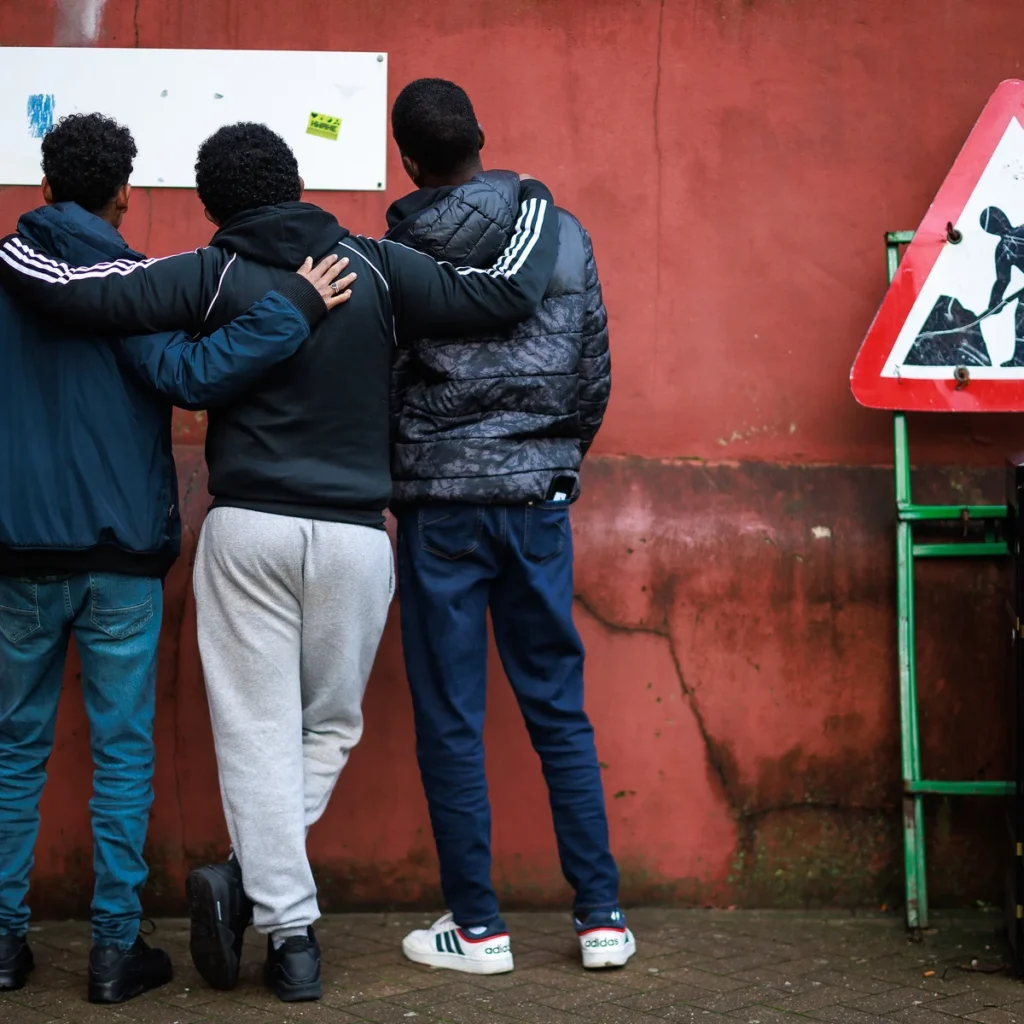
London Councils has issued a powerful warning: the current asylum and care system for unaccompanied minors is broken and urgently needs a full overhaul—“root and branch reform.” This is more than bureaucracy; it’s a matter of safeguarding young lives who arrive here without support, and ensuring local communities can cope without being sidelined.
What’s the Problem?
Unaccompanied asylum-seeking children—some as young as 12 or 13—are navigating complex immigration procedures alone.
Local authorities are shouldering the burden of housing, education, healthcare, and mental health support—often without timely funds or clear guidance.
Many councils are overwhelmed, stressed, and financially stretched, with frontline staff unable to meet demand.
London Councils are demanding nothing short of a fairer, more efficient system—where funding, responsibility, and accountability are clearly shared between central government and local authorities.
Why Now?
This is urgent. London’s shelters and care services are visibly at capacity. The cost of constant temporary housing (often in hotels) is skyrocketing, and kids are waiting months—sometimes over a year—for legal decisions, mental health assessments, and school placements.
Without a functioning, well-funded system, the risk is clear: emotional trauma, criminal exploitation, mental-health breakdowns, and a lost generation of young asylum seekers.
3. Impact on Young People
For Asylum-Seeking Minors
Prolonged waiting leads to anxiety, PTSD, depression—especially for children who’ve fled war or persecution.
Lack of consistent schooling and support makes it harder for them to integrate and build stability.
Some fall prey to criminal gangs or exploitation simply to survive.
For UK Youth
A failing system sends a message to all young people that Britain isn’t keeping faith with its most vulnerable.
Local youths, especially in boroughs with high asylum intake, see stretched services—underfunded youth clubs, schools, and housing waiting lists.
The result? A sense of competition rather than community—something that weakens the fabric of urban life.
4. Long-Term Effects
Mental health crisis: When young asylum seekers struggle, local youth services struggle too.
Education gaps: Schools hit capacity limits and can’t offer dedicated support to kids with trauma.
Community tension: Without proper integration and communication, resentment builds—pitting “us” vs. “them.”
Financial strain: Councils forced to absorb costs prompt calls for cuts to other vital services.
5. So, What Needs to Change?
London Councils have laid out a roadmap:
Shift power & funds: Central government must formally delegate responsibility—and money—to councils before the need arises.
Faster housing + legal support: No more kids in limbo—provide safe homes and accelerated legal advice from day one.
Dedicated mental health and education pathways: Learning support and trauma counselling should be standard, not optional.
Transparency and accountability: Local authorities should have a real seat at the table on policy decisions impacting them.
6. Why Young People Should Care
Whether you’re from an immigrant family or grew up in council estates, this system matters:
It’s about justice: Are we caring for kids fleeing civil war with the dignity and decency they deserve?
It’s about community: Youth services wither when stretched too thin—it affects everyone.
It’s about your future: Today’s policy gaps are tomorrow’s social divides. If London ignores them now, it risks tearing itself apart.
7. Where Do We Go From Here?
Speak up: Use your voice—through social media, local MP surgeries, or community meetings—to push for reform.
Volunteer: Mentor asylum seekers, tutor in schools, support local youth projects.
Build unity: Attend council meetings, strike up conversations in your neighbourhood, dispel myths about asylum seekers.
Hold leaders accountable: Are your local councillors actively pushing for this reform? If not, ask them why.
8. Final Thought
This isn’t just a political issue. It’s a moral one. Young people—like those arriving alone in our city, or right here where you live—should be able to grow up safe and supported. But that requires a system that actually works.
London Councils’ plea isn’t about charity or politics—it’s about survival: social, structural, and collective. And if we care about building strong communities, we have to listen—and act—now.
https://insidesuccessmagazine.com/category/politics
Zita Salum, a British, Tanzanian journalist with a London heart, is making waves in the world of media. Born and Raised in Hackney London, she discovered her passion for storytelling at a young age. Her journey began as an admin for the Inside Success magazine, but her talent quickly shone through. Zita's ability to craft compelling narratives and her knack for capturing the essence of a story led her to become an editor for the magazine.
From there, her career soared. Zita has contributed to a diverse range of publications, including the prestigious W magazine, showcasing her versatility as a writer. Her expertise spans across industries such as music, corporate, political, sports, arts, and fashion. Beyond her written work, Zita has also excelled in broadcast journalism. Her natural ability to connect with interviewees and her engaging hosting style have made her a sought-after talent in the industry.
In her free time, Zita is a dedicated networker, attending industry events and immersing herself in the latest trends. She is also passionate about investigative journalism and has produced creative documentaries that shed light on important issues. With her talent, drive, and unwavering commitment to her craft, Zita Salum is undoubtedly a rising star in the world of journalism.




Leave a Reply
You must be logged in to post a comment.